The first hard-rock riffs.
Updated: 19 March, 2021.
Once, rock music was simple. We had hard-rock, and not-so-hard rock, otherwise called pop. Soft rock was yet to evolve.
So, when a certain rock ‘n’ roll themed restaurant first opened its doors in London in 1971, its owners named it “Hard Rock”, cos that’s what the music press in Britain called contemporary music that rocked harder and was much grittier than conventional pop.
Hard rock, the music genre, not the restaurant, was earlier called blues rock in the mid-1960s, in the UK. Before that, it was rhythm & blues, aka ‘R&B’, which the Stones and Pretty Things played. The synthesised and electronic version that is today’s R&B, to my mind, has devalued the term completely, but I would say that, wouldn’t I?
In the north of England, they played what they called beat music (which included Chuck Berry-style rock ‘n’ roll), hence the Beatles, the Merseybeats (the band), and the famous musical genre known as Merseybeat.
|
|
The original Hard Rock cafe in London was a unique music industry hangout when I used to eat and drink there, usually about 1am, circa 1971. Then it didn’t serve beer, so I was introduced to Southern Comfort. It was one of the very first restaurants in-tune with the rock music lifestyle. Now, of course, Hard Rocks are a bit cheesy, with branches across the world. |
I well remember the names of those pop genres and sequence in which they occurred because I wrote about them in a newspaper, no doubt taking my lead from Britain’s music papers which, in those halcyon of English beat music and R&B, were in their heyday. Later, everyone started calling all hardish, bluesy music, ‘rock’.
So, when did ‘rock’ evolve out of rock n’ roll? And when did the era of the great rock riff begin? Let’s go back to 1964, when I was 14. With my friend, Keith (16), we’d attend on Saturday nights, what we in England called dances. That’s because people danced to the music then – music coming from live musicians, playing hardcore R&B – rather than just standing and watching. Such dances were held in towns and villages throughout the land.
Perhaps we were lucky because we had groups (not bands) like the Beat Preachers in our village hall, and Sam Spade and the Gravediggers, dubbed R&B Kings of the Midlands. I believe Sam Spade and the Gravediggers were managed by Stones manager, Andrew Oog Oldham at one time. Typical sets included Howlin’ Wolf’s ‘Smokestack Lightening’ and Willie Dixon’s ‘Hoochie Coochie Man’ from the 1950s and Rufus Thomas’s then just released 1963 track, ‘Walking the Dog’. The legal drinking age in Britain is 18, but even 14-year olds could get a couple of pints down them in those days, so long as you smoked, shaved and looked 16.

As the evening wore on, the 14 and 16-year-olds would get tipsy and witness the inevitable bloodbaths that always broke out on such stimulating occasions as the Saturday night dance – usually over girls with bee-hive hair, short skirts and white lipstick. (This was the provinces, after all.)
The blood on the dance floor, diluted by spilt beer, would be caused by noses ‘nutted’ by Liverpool kisses (head-buts), or countenances slashed by jerks smashing beer glasses into faces that had offended them. There wasn’t much ‘peace & love’ in provincial England, in the sixties. That said, it was nearly always older men (in their twenties) who’d cause such trouble, rather than us teenagers.
Although this was 1964, our local groups would never cover Beatles songs, not even Stones songs. They covered rocking American R&B, such as the Coasters’ 1959 hit, ‘Poison Ivy’ and its B-side, ‘I’m A Hog For You (Baby)’, and the Clovers’ US top thirty hit, ‘Love Potion No. 9’, also from 1959 – classic pop songs by one of the best song-writing teams of all time – the Americans Jerry Leiber and Mike Stoller.
Leiber and Stoller also wrote Hound Dog for Big Mama Thornton in 1953, as you may know, later recorded with spectacular worldwide success by Elvis Presley, plus a shed load of other massive hits far too numerous to mention.
Music’s first great hard rock riffs.
These groups around Rugby and Coventry would also perform ‘Louie, Louie’, an R&B song written in 1955 by Richard Berry, a black LA doo-wop singer. This was based on a Latin American riff taken from an instrumental, originally by the Cuban bandleader, Rene Touzet, that Berry had heard covered in East LA. Touzet’s instrumental was called ‘El Loco Cha Cha’.
A cover of a cha-cha, believe it or not, Richard Berry’s ‘Louie, Louie’, was then covered in 1959 by an American rock band from Tacoma, Washington State, called The Wailers aka The Fabulous Wailers. The Wailers’ version was then covered by Paul Revere and The Raiders in 1963 but didn’t even make the Billboard’s Hot 100. Also in 1963, The Wailers version of ‘Louie Louis’ was then covered by The KIngsmen, a ‘beat’ group from Portland, Oregon. Their teenage bass player, Jack Ely, sang the vocals which he completely stuffed up, mumbling made-up words, completely different from Berry’s original. That he was wearing dental braces and stretching his neck to reach a microphone positioned way to high for him didn’t help.
Because the lyrics were unintelligible, kids being kids thought they were filthy, meaning The Kingsmen’s version ‘Louie Louie’ took off like a rocket throughout America, reaching number two on the Billboard pop chart. Said lyrics were then investigated for obscenity for two years by the FBI, who failed to make any sense of them. The Kingsmen’s version charted in England, too, just outside the Top Twenty, and was one of the few pop covers our local groups allowed themselves. It’s since been covered, complete with imagined dirty lyrics, by the likes of Iggy and the Stooges and Black Flag.
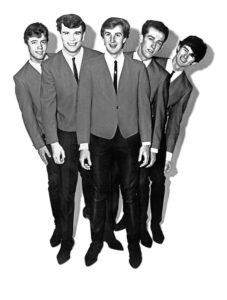
That ‘Louie, Louie’ riff, first pumped out, rock-style in 1963, is in my opinion, the first of rock music’s great riffs, the forerunner for the great hard rock riffs that popularised by bands like Led Zeppelin, Black Sabbath and AC/DC. It’s since been covered by the likes of Iggy and the Stooges and Black Flag.
Next, in 1964, we had The Kinks’ mighty riff in You Really Got Me. The track’s fabulous distorted power chords evolved due to lead guitarist, Dave Davies, slashing his amp’s speaker cone with a razor. Dave’s brother, Kinks’ lead singer and main songwriter, Ray Davies, said he wrote You Really Got Me while trying to work out the chords to Louie, Louie. As they say, one great thing leads to another. In 1965, the human riff, Keith Richards and Mick Jagger, penned Satisfaction (with its classic hard rock opening), although Bill Wyman always said he came up with that famous riff.
Incidentally, though record labels always refer to Louie, Louie, with the comma, composer Berry titled it Louie Louie, with no comma. The later Kingsmen’s track, however, remains the best known of some 150 covers, including by the Beatles, Beach Boys, Black Flag, Clash, Doors, Bob Dylan, Grateful Dead, Iggy and the Stooges, Led Zeppelin, Otis Redding, Motorhead, Frank Zappa’s Mothers of Invention (said to have fired their guitarist because she couldn’t play it), the Trogs (whose “Wild Thing” uses a similar chord progression), and so on.
Below is The Kinks performing Louie, Louie, live in Paris in 1965, the year they were banned from the USA, by the American Federation of Musicians. Ray Davies later explained: “The reason we got banned was a mixture of bad agency, bad management, bad luck, and bad behaviour. So we deserved everything we got.”
Until the American ban took the wind out of their sails, The Kinks were up there with the Beatles and the Stones, at the pinnacle of English pop/rock, recording other riff-driven hits like Tired of Waiting, All Day and All of the Night and Till The End of The Day. While many critics say Ray Davies went on the create The Kinks’ finest songs and albums during the U.S. exile, I’ve always felt the ban took the sting out of their tail, at least rock-wise.
As it happens, just six years after jigging around to Sam Spade and the Gravediggers near Rugby, I was working on The Kinks public relations, alongside (I should say guided) by the delightful Marion Rainford in London. It was 1970 and The Kinks (or Ray Davies) had started putting whimsy and/or comic twists into his pop songs, ie: Ape Man and Lola. I much preferred Dave’s power chords.
On a personal note, just before I joined Marion, I’d inadvertently bumped into Dave Davies at a Kinks gig at a hotel near Warwick. Being 1970, England’s traditional snobbery was in full flight, with long-haired 20-year-olds like me barred from drinking in the hotel’s comfortable lounge.
As we argued the point at the door, a voice boomed,
“I’m in here. Why can’t they be?”
Out strode Dave Davies who proceeded to ball-out the muscle on the door. “They’re dressed the same as me. You can’t stop them coming in”.
“You’re a guest. They’re not.”
“Well, they can come in as my guests,” said Dave, inviting our long-haired group of scruffs into the plush lounge, where he chatted amiably with us until it was time to go on stage. He may have fought with brother, and now knight of the realm, Sir Ray, but Dave Davies was a complete gentleman back then. I presume he still is.

Marion Rainford, was a delightful woman to work for, kind and helpful, so a few years ago I thought I’d check to see if she was still around. Would you believe, I found her retirement in a local London newspaper. Apparently Marion gave up rock to teach ballroom dancing. Have a read, if only to find out how cool rock-chick PRs can have a very un-rock ‘n’ roll after life.

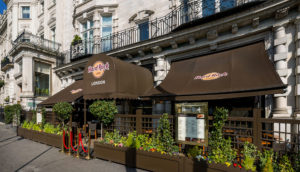
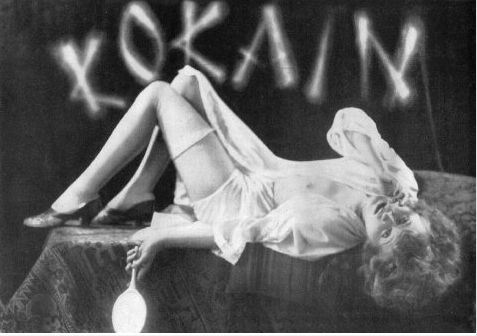
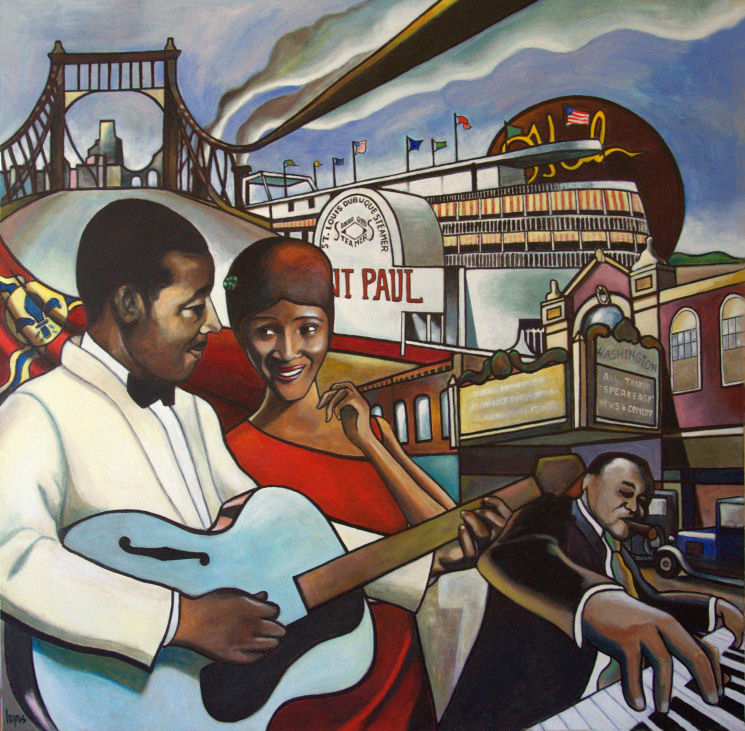
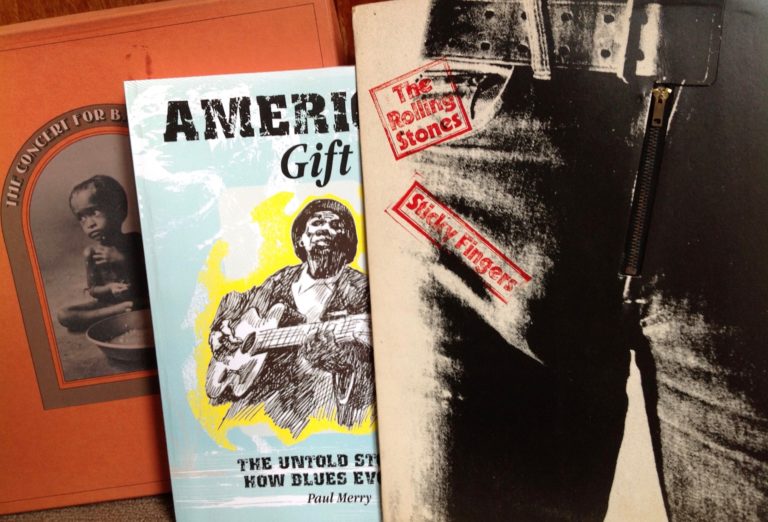


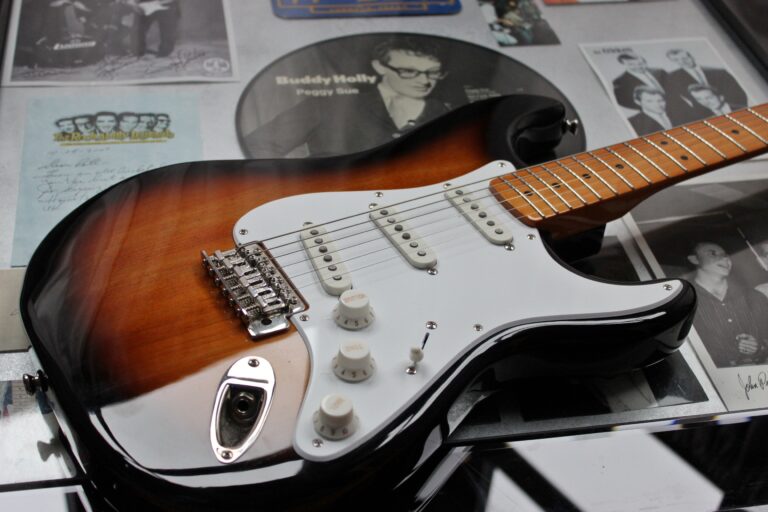
WOW Paul that takes me back. Nights at the British Legion you, Sam Spade and the Gravediggers! We even used to join with the band and play instruments to accompany them, you I think were tambourine and I was always maracas! Great days!
Great days, indeed, Mama! Instant karma’s gonna get you.
Do I remember days at the Legion-I was one of the guitarists in Sam Spade and The Gravediggers-I put the band together and even named them- one of our highlights was auditioning for Larry Parnes at the famous 2is club in Soho-went on to form The Tea Set playing for Reg Calvert then finished with Fagin Quill a mighty 3 piece with our own lightshow-happy days indeed
Great to hear from you, Andy. That was a fabulous band you put together. Unfortunately, I can’t remember The Tea Set but do remember the name Fagin Quill – a template for Cream? Your band mate, Dave Varnish, once kindly put a new engine into my old mini in the 60s, as I was mates with his brother. I also used to write the Advertiser’s music page so knew Jigsaw well and managed blues rock band West Bank Avenue. You must be proud of local bands like Spaceman 3 and Spiritualized keeping Rugby’s musical reputation alive.
Great to hear from Andy Paul, I always wondered what happened to the band after I left Rugby in 1967. I met Geoff Antill (Drummer) when he attended my father’s funeral several years ago. We talked about Sam Spade and the Gravediggers days.